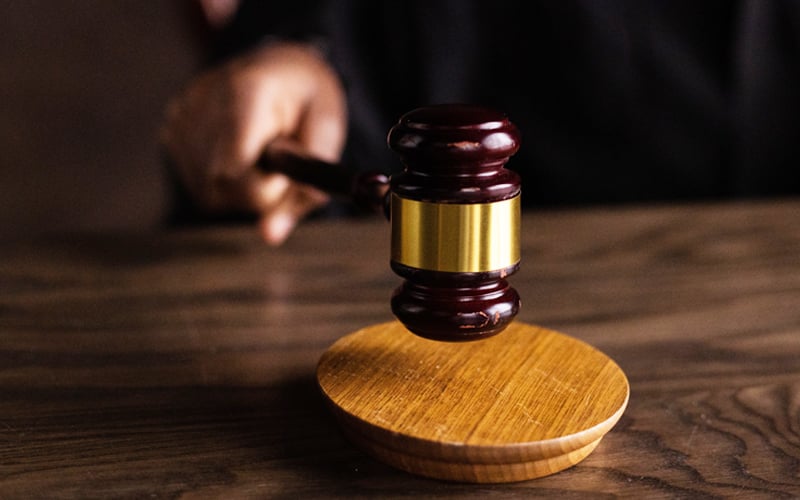
From Ghazalie Abdullah
The scales of justice appear to be severely imbalanced in Malaysia. Some weeks after a controversial “DNAA” decision, a term that has become synonymous with a deferred prosecution agreement, anger continues to brew across the country.
This public outcry is indicative of a much larger and deeply rooted issue, of Malaysia’s two-tiered system of justice.
Malaysia’s justice system reeks of bias and selective prosecution. While the elite and politically connected seem to receive a softer approach, ordinary citizens find themselves facing hardline enforcement.
The recent trial of a past prime minister underscores this alarming divide. He enjoyed VVIP treatment, with frequent delays granted for what appeared to be the most trivial of reasons, even to the extent of having his passport returned so he could visit Singapore. This privilege sharply contrasts with the harsh treatment many petty criminals face with no stay of execution of their sentences.
Malaysia’s history is rife with other examples. High-profile politicians aligned with the government side often emerge from legal battles with acquittals, making it appear as though politics is intertwined with the legal process. Regrettably, few Malaysians seem capable of approaching this issue objectively, their minds clouded by political affiliations and loyalties.
The consequence of this two-tiered justice system is a society that has lost its sense of right and wrong. Within the civil service, the revelation of cover-ups only serves to reinforce the notion that crime pays, from cheating on teaching attendance to falsifying invoices and inflating claims.
In addition, there are critical concerns regarding the quality of Malaysia’s legal professionals. The competence and skills of the attorney-general (AG) and prosecutors come into question. These are pressing concerns, as the effectiveness of the justice system largely depends on the competence of those who enforce it.
We must address the issue of public defenders and the legal aid office. How well-equipped are they to provide robust defence and support for citizens who may not have the financial means to secure their own legal representation?
It is high time that citizens demand reforms to this deeply flawed system. The public prosecutor’s office should be independent of the AG, removing political considerations from the equation. Mechanisms should be put in place to assist the poor in facing court hearings, ensuring that the legal system is compassionate and just, regardless of one’s economic status.
The current state of Malaysia’s legal system, marred by political interference and two-tiered application, is in desperate need of repair.- FMT
Ghazalie Abdullah, a former newscaster, is an FMT reader.
The views expressed are those of the writer and do not necessarily reflect those of MKKtT.



No comments:
Post a Comment
Note: Only a member of this blog may post a comment.